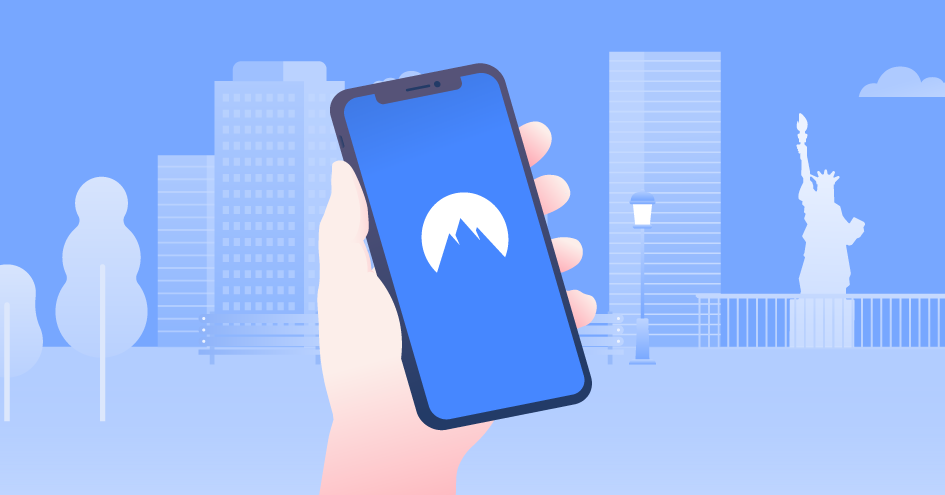VPN vs. VPS: what’s the difference?
A VPN and a VPS might sound similar, but don’t get confused — they’re two different technologies that have nothing to do with each other. Since it’s quite common to mix them up, we’re going to explore the differences and discuss how you can benefit from both systems.
Carlos Martinez
Jul 12, 2021 · 3 min read

What is a VPS?
A VPS is a virtual private server; it’s a web hosting system. When you create a website, it needs a home — a server where all its data and files are stored. Depending on your requirements, you can choose from a couple of different hosting options:
- Shared hosting
- Cloud hosting
- Dedicated server hosting
- Colocation web hosting
- Managed hosting
- VPS hosting
What is special about VPS hosting? VPS technology splits one server into multiple virtual servers, operating as separate entities. While several users might rely on the same physical server, with a VPS hosting, they don’t need to share RAM or storage space. Basically, a VPS can be called a “dedicated server”, because it’s reserved only for you.
Since virtual servers are separated from one another, users can install their own software and operating systems.
The benefits of a VPS
- Scalability. A VPS allows you to scale up resources and easily add more disk space, RAM, or vcores. Likewise, you can scale down if you see that your requirements have changed.
- Cost-effective. VPS hosting is much cheaper than dedicated hosting, as you share the server with other users, while having full control over your virtual server.
- Performance. Without using a VPS system, your site's performance could be poorer. If you share server space with another website and they see a sudden spike spike in traffic, for example, your own site could be impacted. With a VPS, you get the speed you paid for, because your server space is entirely segregated from other users even if they're on the same physical server.
- Control. Having a virtual private server at your disposal gives you control and you can customize your server as you like. You can install software, open ports, and add features without having to consult your hosting provider.
The drawbacks of a VPS
- Price. Users willing to upgrade from shared hosting to VPS will have to pay more for their subscription. A VPS price might not be appealing for start-ups or small businesses trying to save money.
- Technical configuration. Some inexperienced users might find it difficult to configure a VPS and maintain it. If you don’t have a dedicated IT administrator, it can be challenging to figure out everything yourself.
What is a VPN?
A VPN (virtual private network) has nothing to do with web hosting — it’s a completely different tool. A VPN hides your IP address and encrypts your data, so nobody can see what you do online, spy on your data, and block you from accessing certain resources.
When you enable a VPN on your device, your internet traffic is redirected through the remote server of a VPN provider.
NordVPN has more than 5,200 servers in 59 countries. It takes just one click to change your virtual location and protect your data. Want to get secured today? You can install the NordVPN app on your smartphone, tablet, laptop, and more.
The benefits of a VPN
- Security. A VPN encrypts your traffic so you can stay safe wherever you are. If you often connect to public Wi-Fi, a VPN is a must, as these networks are often vulnerable to hackers and cybercriminals. With a VPN on your device, you won’t need to worry about unsecured hotspots leaking your private data.
- Privacy. Internet service providers (ISPs), data brokers, and online advertisers collect data about your browsing habits and you can never be sure who can access it. A VPN will allow you to shield your activity and your IP address from prying eyes, ensuring that your browsing habits stay private.
- Unlimited access. There are a handful of countries that heavily regulate the internet, block websites, and limit what their citizens can access. With a VPN, you can enjoy the free internet without any limits. NordVPN even has obfuscated servers, designed to be used in suppressive environments.
- User friendly. The NordVPN app is easy to use, so you don’t need to be a tech expert to navigate it. While a virtual private network might sound like something for people with IT knowledge, you don’t need to configure anything yourself. Just download the app, set up your account, and connect to a server with one click.
VPN vs. VPS: final thoughts
A VPN and a VPS are two different technologies, serving different purposes. There’s no reason to choose one over another; they both have their uses.
It’s a good idea to use a VPN while administering your website, protecting yourself online. If you often work from cafes, co-working spaces, hotels, or airports, a VPN app is a vital tool to enhance your digital security.


